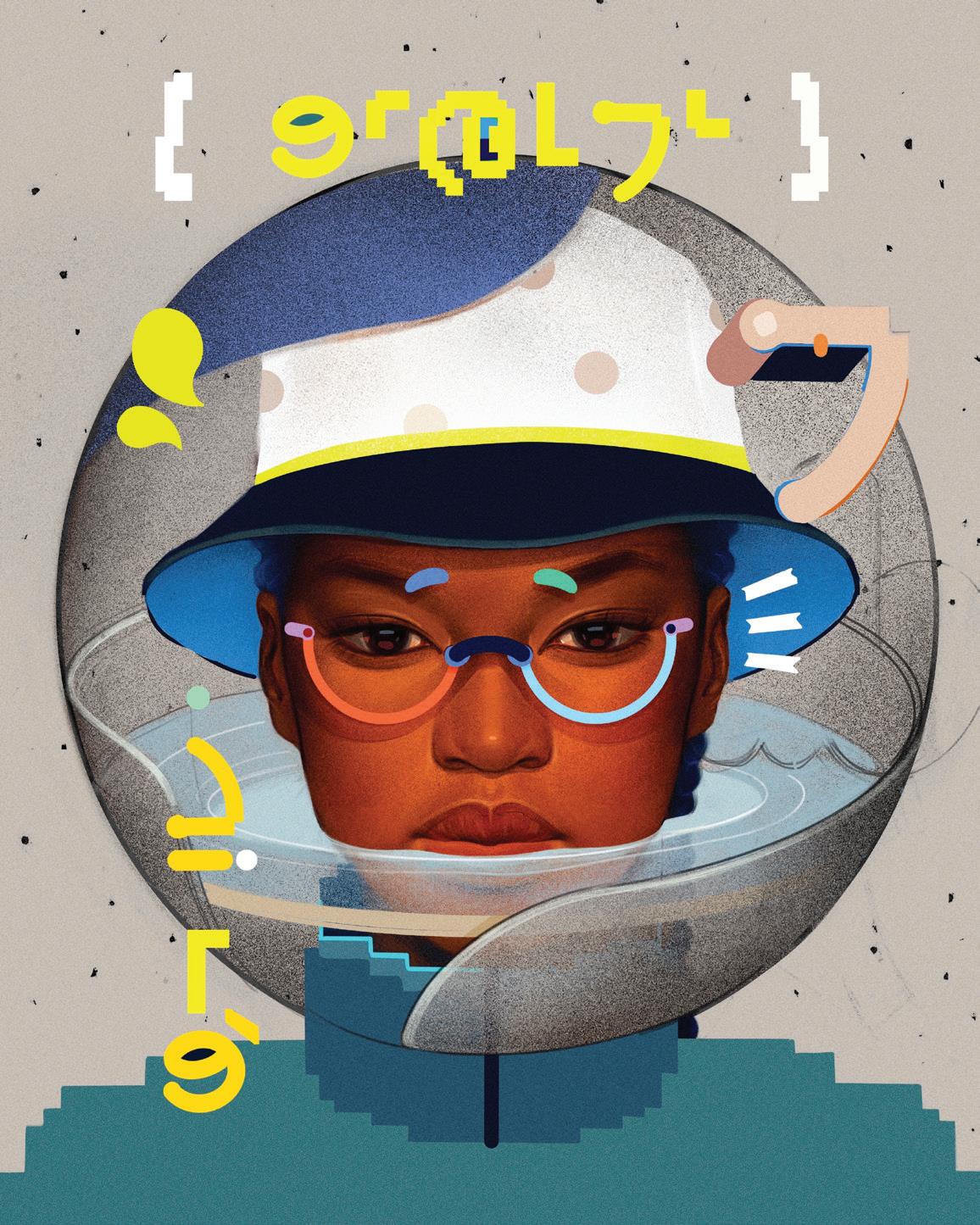EDITOR'S NOTE
A TIME OF SADNESS AND SOLIDARITY WHEN WE PUBLISHED our last issue, a deadly pandemic was bearing down on us and worldwide lockdowns, curfews and quarantines were a shocking new reality. Panic buying now seems a distant memory but COVID-19 continues to dominate our lives. After more than seven months, many of us are feeling a profound sense of loss. Loss of human contact and freedom of movement, loss of economic activity and livelihoods, and most tragically, the loss of life. The most painful experience of the past few months has been the surge of messages sent to me about alumni who have passed away. As our 19-page obituary section in this issue testifies, we have lost many elderly and beloved alumni, whether to COVID-19-related illness or to old age. Unfortunately, we ran out of space in the magazine to include all the obituaries we received but you can read all of them on our website. Beyond concerns for our physical wellbeing, the pandemic exacts a heavy toll on our emotional and mental wellbeing. While scientists develop modelling projections of the pandemic, we cannot predict who will be infected or what their outcome will be. We do not know with any certainty how this pandemic will continue to unfold. The indefinite and long-term nature of a pandemic makes it very different to the trauma suffered in a “conventional� disaster such as an earthquake or hurricane. Instead, we experience a prolonged state of heightened caution and ongoing disruption. We live with the daily stress and anxiety about contracting the illness and we worry about the impact the pandemic will have on society and livelihoods. For some, there is the terrible grief of loved ones lost.
We can however take comfort in knowing that society is resilient. Times of crisis are often catalysts for new breakthroughs and better ways of doing things. This crisis has seen revolutionary new methods and techniques for vaccine development and in this issue we look at the innovative ways in which the University has coped with the pandemic. There are good reasons to suggest that universities, such as Wits, that are able to adapt will emerge stronger. The pandemic may provide the impetus for a leap forward in virtual learning environments, teaching methodologies and pedagogies that will benefit students and increase our impact and reach. One of the harshest aspects of the pandemic is the isolation of social distancing and lockdowns that deny us much of the pleasure and consolation that human contact provides. While we miss seeing alumni in person at campus events, the lockdown has been an opportunity to invite alumni around the world to online events. There is some reassurance in knowing that wherever we are in the world, we can connect with each other in solidarity. Our thoughts are with you. Peter Maher, Director: Alumni Relations
O c tober 2020 5














